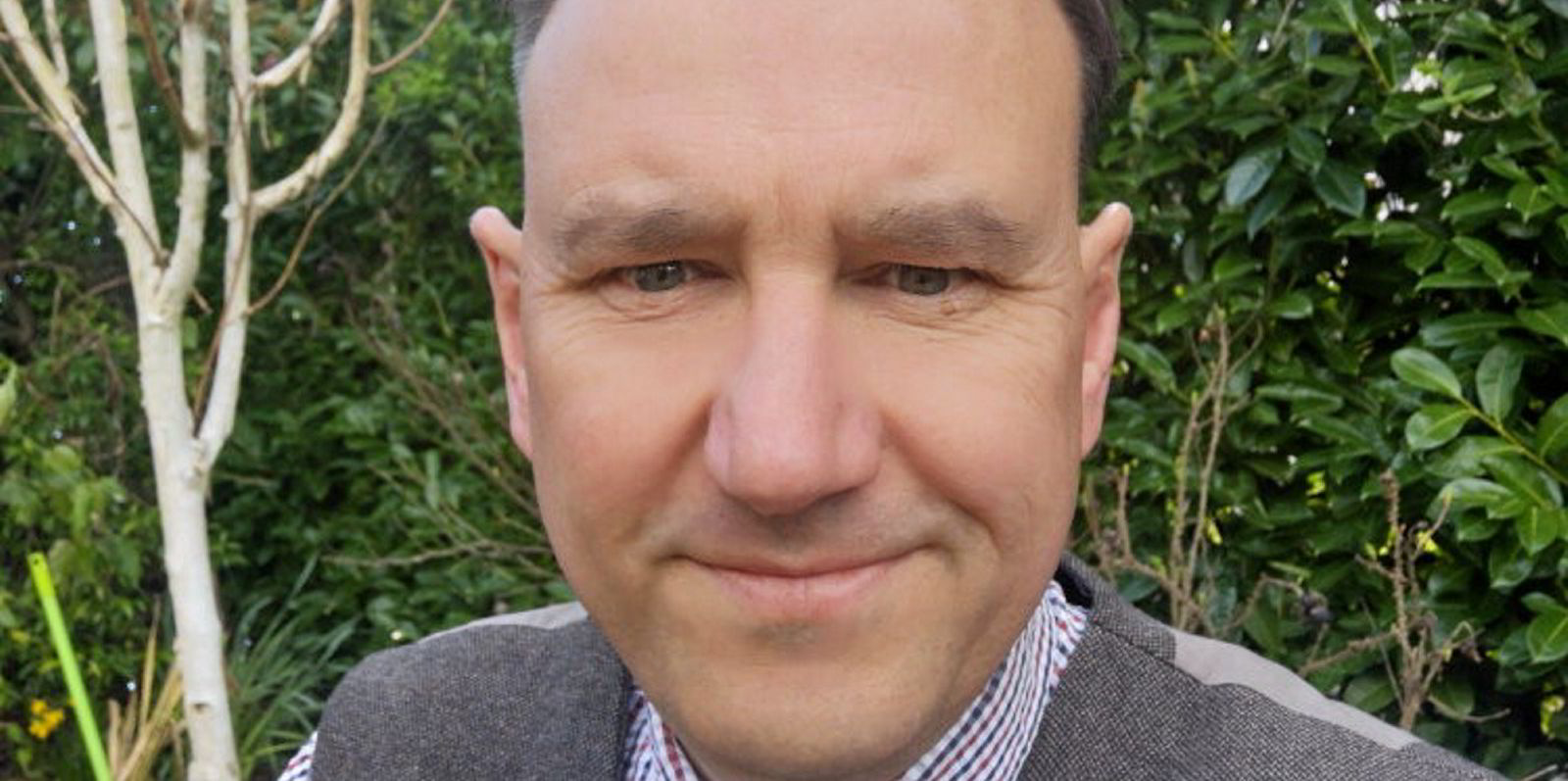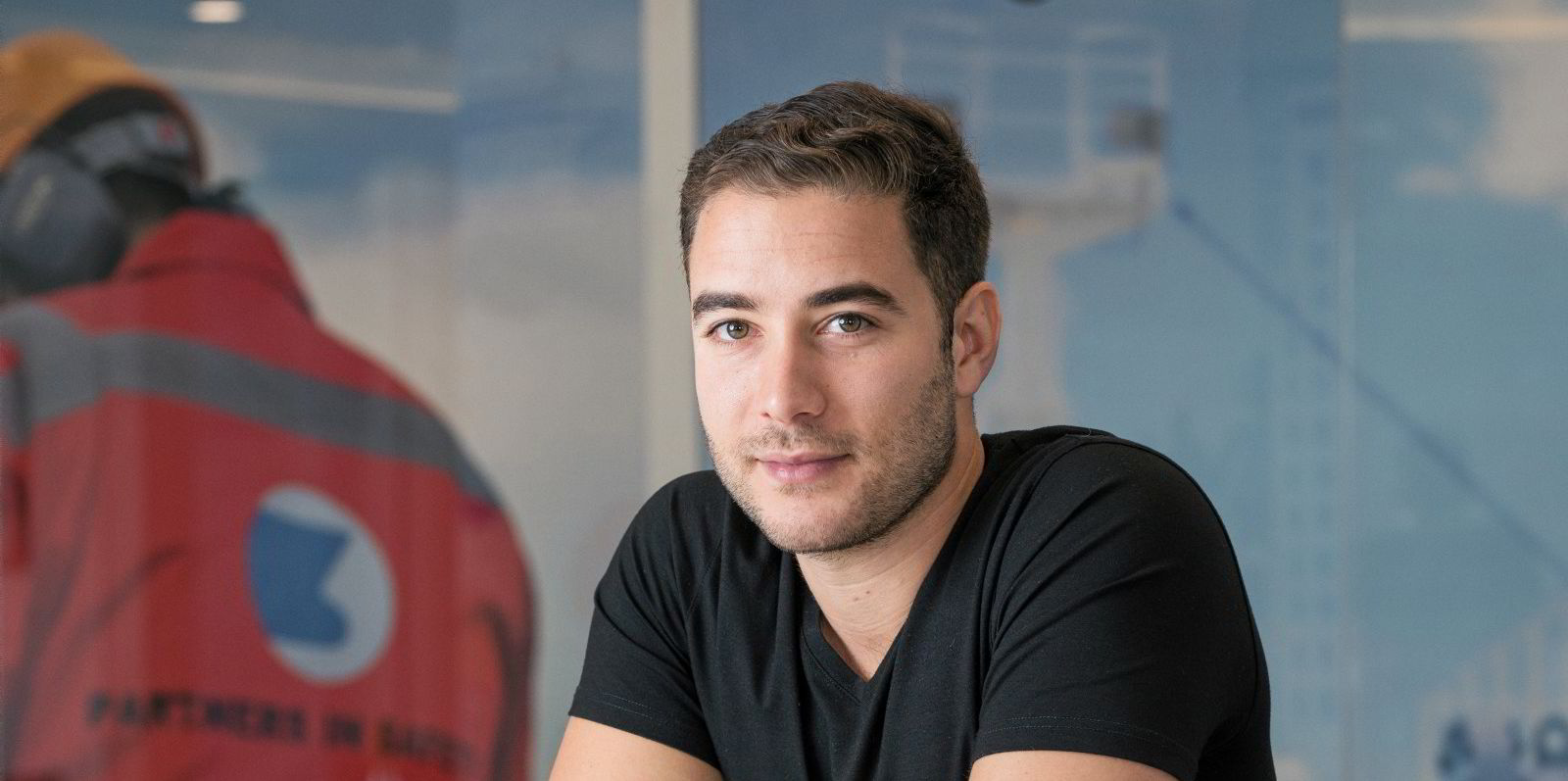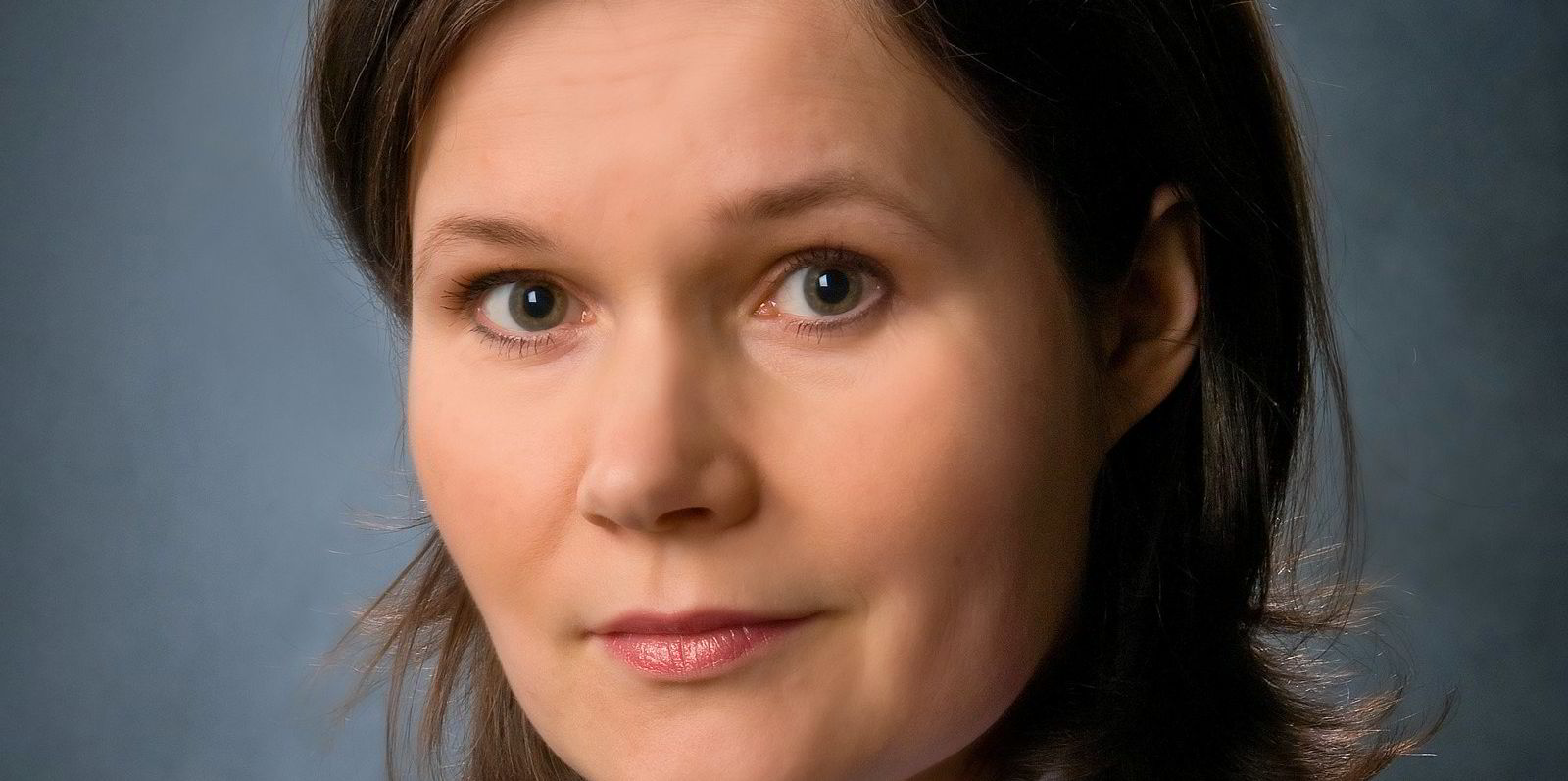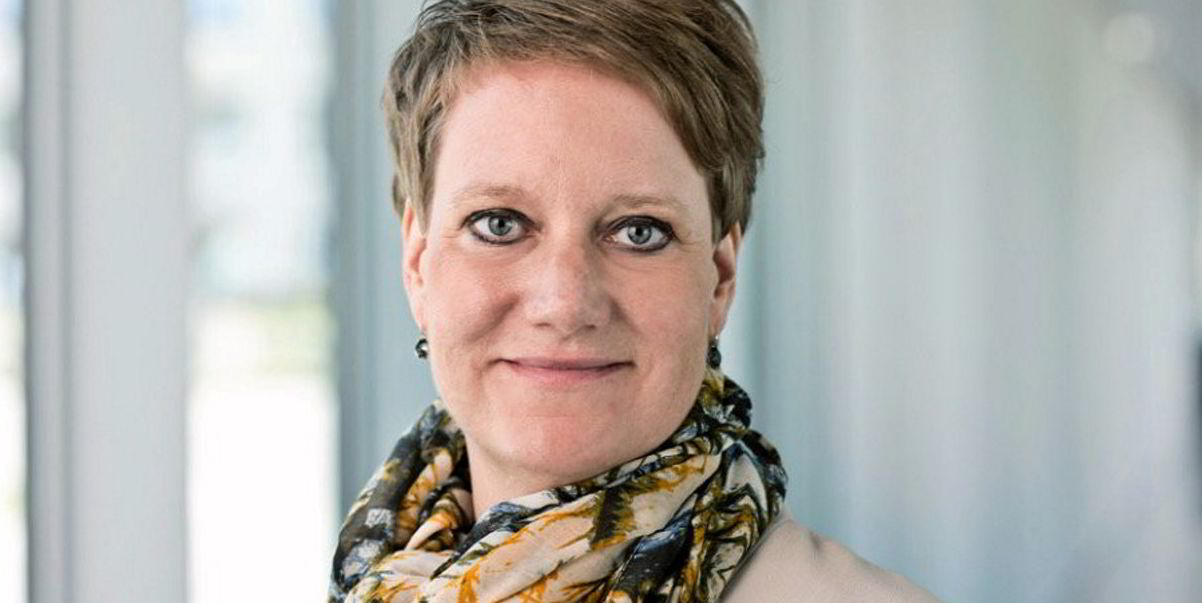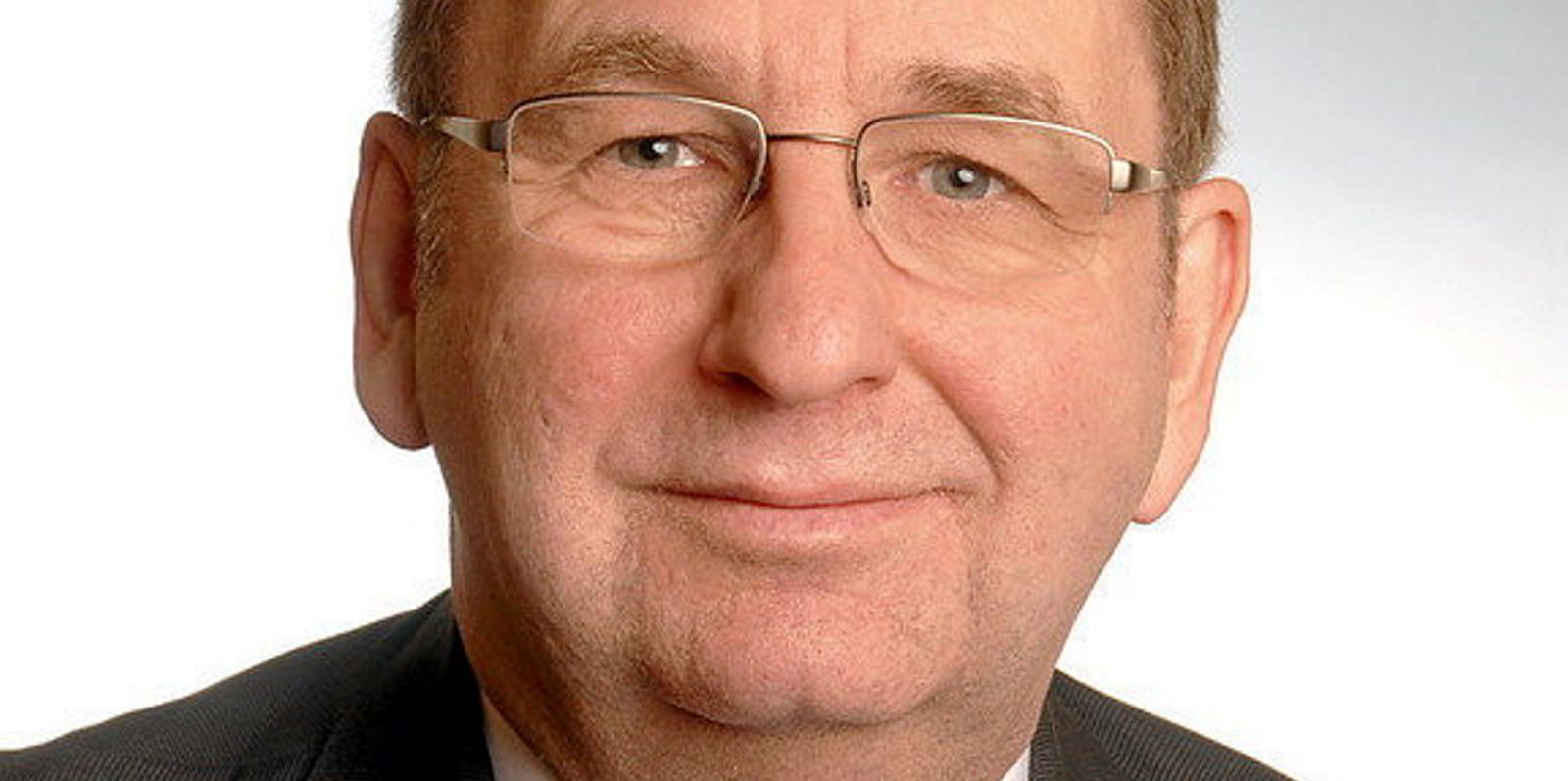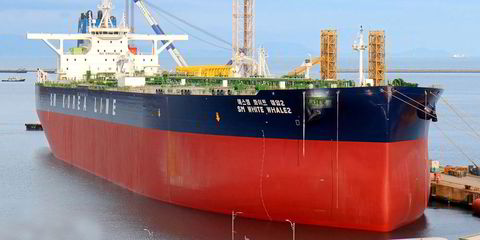Maritime training expert Gordon Meadow has a simple message for seafarers as autonomous systems change the way shipping operates.
The chief executive and founder of SeaBot XR told TradeWinds that skilled mariners will always be needed.
He said: “The key message is the human being, the seafarer, sits at the centre of autonomous systems. That’s absolutely crucial.”
Meadow believes the great irony of autonomy is that “it’s all about the people”.
“It’s not about whether a machine is good and a human is bad, and we’re trying to challenge that rhetoric.”
His company is working on an apprenticeship scheme with shipowner Fugro to give crew members the skills they need as some jobs move onshore for remote vessel operation.
SeaBot XR, based in Winchester, southern England, is trying to lower risk ratios by training people to perform different operational roles.
“There is an inherent risk about taking someone from a vessel and putting them on the shore and making it remote-controlled,” Meadow said, but “the underpinning seafaring skills are required still”.
The company wants to ensure crews are taken along on the journey and instil confidence that the concept of the seafarer has longevity.
Chief operating officer Ifor Bielecki told TradeWinds: “The first question we’re asked is, ‘Am I going to lose my job?’ The simple answer is, ‘No, these skills are still required’. Being able to understand how a ship works and how it reacts to the sea, it’s crucial knowledge.”

The apprenticeship plans will also open up avenues for people to come into the industry — or stay in.
Autonomy offers attractive prospects for people with physical issues, or those who cannot be away from young families for months at a time.
Bielecki prefers the phrase “remotely operated vessels with some autonomous functions”, rather than autonomous ships.
In fact, Meadow called the term “autonomous” a misnomer.
“The whole idea is misleading. There’s a big difference — ships are autonomous as we speak, they just happen to be operated by humans on board,” he added.
“Education needs to get in front of technology, not vice versa, because technology always gets ahead and then you have to retrofit people. It takes about 20 years to upskill people.”
Autonomous technology can help seafarers make better decisions, according to Bielecki, rather than simply moving them onshore to save money. “There are lots of benefits. You can have the systems on board with the same number of crew,” he added.
Everyone kept forgetting how many people have to be involved in an autonomous boat
Ifor Bielecki
Meadow views autonomy as a tool, not a goal: “You don’t buy an autonomous ship and then decide what you’re going to use it for. When someone builds a gasship, they tend to use it to transport gas.”
Meadow believes the industry remains some way from seeing an autonomous ship coming from the Netherlands and arriving in the UK, for example.
“Because people are just basically getting on with their jobs,” he said.
“While everybody is going, ‘Yes, it’s going to be all autonomous’, everybody else is just going, ‘We’d better keep looking out the window to make sure we don’t crash this thing’.”
Meadow comes from a seafaring and academic background, having spent 17 years at Warsash School of Maritime Science & Engineering in the UK, latterly as associate professor of applied research relating to autonomy.
He chairs the Maritime Autonomous Surface Ships Special Interest Group at the Institute of Marine Engineering, Science & Technology.
“We’re not dictating the regulations, we’re making recommendations and sharing this among flag states,” he said.
Bielecki has a background of 20 years in the airline industry, including as a pilot.
He was asked to become involved in the design of the Sea-Kit autonomous vessel project for Shell’s Ocean Discovery XPrize in 2019.
The 12-metre vessel performed one task, but there were “20-odd people” driving it, Bielecki added.
“Everyone kept forgetting how many people have to be involved in an autonomous boat,” he said.
SeaBot XR also works with Columbia Shipmanagement, Peter Dohle and Marlow Navigation.
